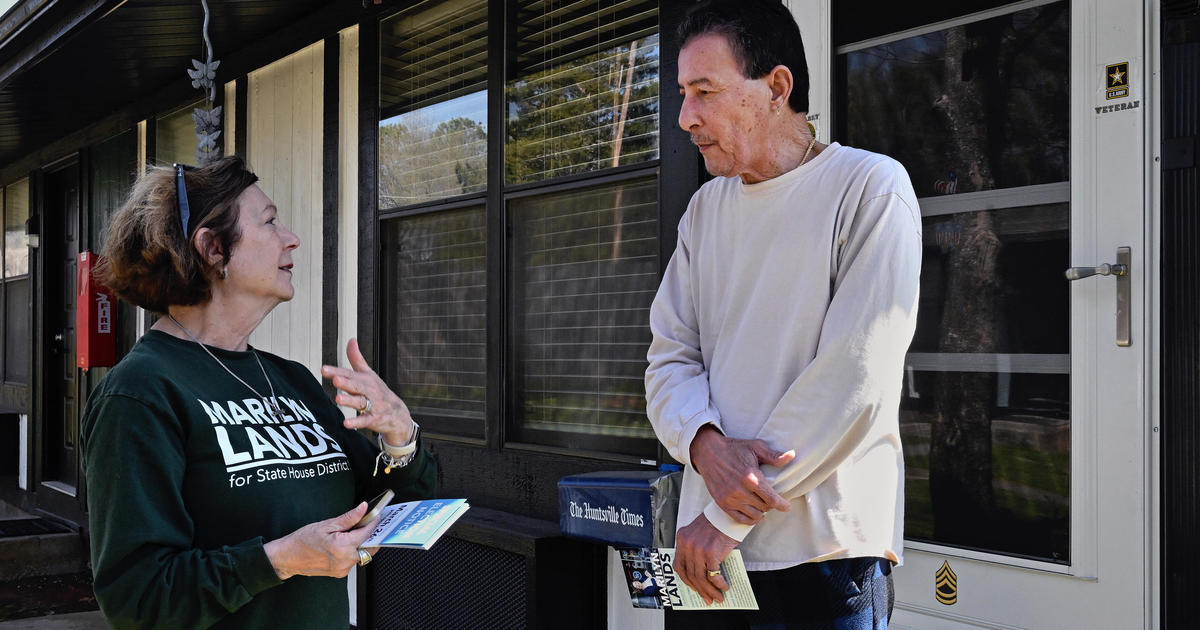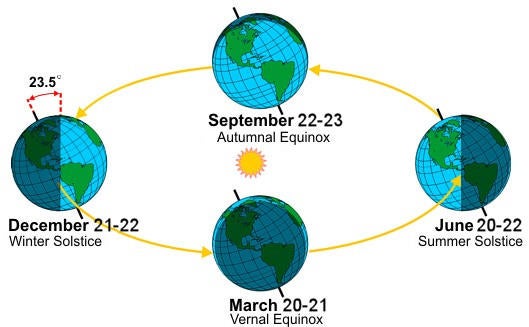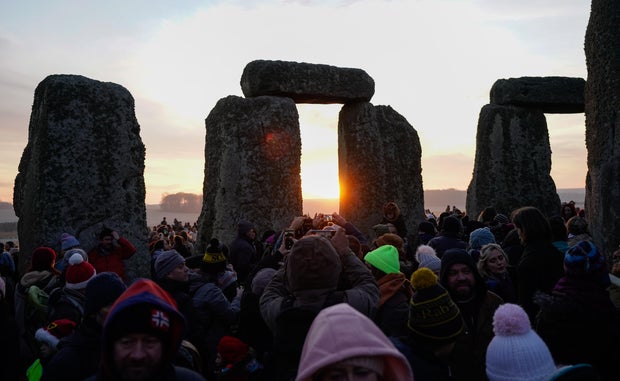CBS News
Democrat who campaigned on reproductive rights wins special election for Alabama state House seat

Washington — Democrat Marilyn Lands won a special election for an Alabama state House seat late Tuesday, flipping a Republican-held seat in the deep-red state in the aftermath of a court ruling in the state that threw access to fertility treatments into question.
Lands, a mental health counselor, made reproductive rights central to her campaign. She’s spoken openly about her own abortion when her pregnancy was nonviable. And she ran advertisements on reproductive health care, like contraception and in vitro fertilization, being threatened in the state, after an Alabama Supreme Court ruling that equated frozen embryos to children and led major IVF providers in the state to pause fertility treatments.
“Today, Alabama women and families sent a clear message that will be heard in Montgomery and across the nation,” Lands said in a statement after her victory on Tuesday. “Our legislature must repeal Alabama’s no-exceptions abortion ban, fully restore access to IVF, and protect the right to contraception.”
Michael S. Williamson/The Washington Post via Getty Images
The seat representing Alabama’s 10th district in the state legislature had long been held by Republicans. But former President Donald Trump won the district by a slim margin in 2020, making it a toss-up district that Democrats had set their sights on. Lands also ran for the seat in 2022, but narrowly lost to her Republican opponent.
Heather Williams, president of Democrats’ legislative campaign arm, called the special election “the first real test” of how voters would respond to the IVF ruling in Alabama and reproductive rights more broadly, and “a harbinger of things to come.”
“Republicans across the country have been put on notice that there are consequences to attacks on IVF — from the bluest blue state to the reddest red, voters are choosing to fight for their fundamental freedoms by electing Democrats across the country,” Williams said in a statement.
Democrats are hoping this year for a repeat of the 2022 midterm elections, when the Supreme Court’s ruling that overturned Roe v. Wade and subsequent restrictions in states became a major motivator at the ballot box, fending off an expected red wave. Democrats are expecting that fallout from the IVF ruling to reinvigorate the voter base, keeping reproductive rights top of mind heading into the 2024 election.
CBS News
12/20: CBS Evening News – CBS News

Watch CBS News
Be the first to know
Get browser notifications for breaking news, live events, and exclusive reporting.
CBS News
Saturday is the winter solstice and 2024’s shortest day. Here’s what to know about the official start of winter.

The 2024 winter solstice, the shortest day of the year, happens on Saturday, Dec. 21, in the Northern Hemisphere. The celestial event signifies the first day of winter, astronomically.
What is the winter solstice?
The winter solstice is the day each year that has the shortest period of daylight between sunrise and sunset, and therefore the longest night. It happens when the sun is directly above the Tropic of Capricorn, a line of latitude that circles the globe south of the equator, the National Weather Service explains.
The farther north you are, the shorter the day will be, and in the Arctic Circle, the sun won’t rise at all.
How is the day of the winter solstice determined?
The winter solstice occurs because of the Earth’s tilt as it rotates around the sun.
When the Northern Hemisphere tilts away from the sun, the nights last longer. The longest night happens on the solstice because the hemisphere is in its furthest position from the sun. That occurs each year on Dec. 21 or 22.
This year, it falls on Dec. 21 at 4:21 a.m ET, to be precise.
On the summer solstice, when the northern tilt is closest to the sun, we have the longest day, usually June 20 or 21.
National Weather Service
The solstices are not always exactly on the 21st every year because the earth’s rotation around the sun is 365.25 days, instead of 365 even.
Will days start getting longer after the winter solstice?
Yes. Each day after the solstice, we get one minute more of sunlight. It doesn’t sound like much, but after just two months, or around 60 days, we’ll be seeing about an hour more of sunlight.
When will winter officially be over in 2025?
The meteorological winter ends on March 20, 2025. Then, spring will last until June 20, when the summer solstice arrives.
How is the winter solstice celebrated around the world?
Nations and cultures around the world have celebrated the solstice since ancient times with varying rituals and traditions. The influence of those solstice traditions can still be seen in our celebrations of holidays like Christmas and Hanukkah, Britannica notes.
The ancient Roman Saturnalia festival celebrated the end of the planting season and has close ties with modern-day Christmas. It honored Saturn, the god of harvest and farming. The multiple-day affair had lots of food, games and celebrations. Presents were given to children and the poor, and slaves were allowed to stop working.
Gatherings are held every year at Stonehenge, a monumental circle of massive stones in England that dates back about 5,000 years. The origins of Stonehenge are shrouded in mystery, but it was built to align with the sun on solstice days.
Andrew Matthews/PA Images via Getty Images
The Hopi, a Native American tribe in the northern Arizona area, celebrate the winter solstice with dancing, purification and sometimes gift-giving. A sacred ritual known as the Soyal Ceremony marks the annual milestone.
In Peru, people honor the return of the sun god on the winter solstice. The ancient tradition would be to hold sacrificial ceremonies, but today, people hold mock sacrifices to celebrate. Because Peru is in the Southern Hemisphere, their winter solstice happens in June, when the Northern Hemisphere is marking its summer solstice.
Scandinavia celebrates St. Lucia’s Day, a festival of lights.
The “arrival of winter,” or Dong Zhi, is a Chinese festival where family gathers to celebrate the year so far. Traditional foods include tang yuan, sweet rice balls with a black sesame filling. It’s believed to have its origins in post-harvest celebrations.
Researchers stationed in in Antarctica even have their own traditions, which may include an icy plunge into the polar waters. They celebrate “midwinter” with festive meals, movies and sometimes homemade gifts.
CBS News
12/20: CBS News Weekender – CBS News

Watch CBS News
Be the first to know
Get browser notifications for breaking news, live events, and exclusive reporting.





